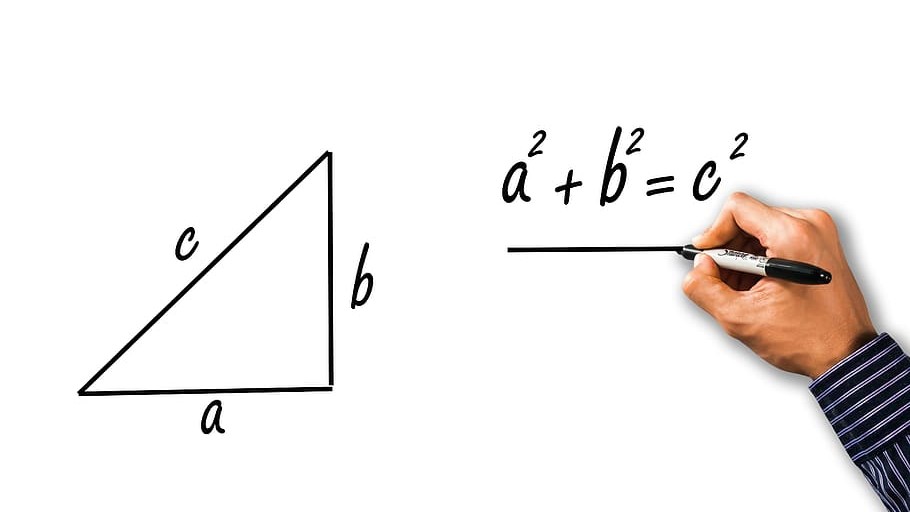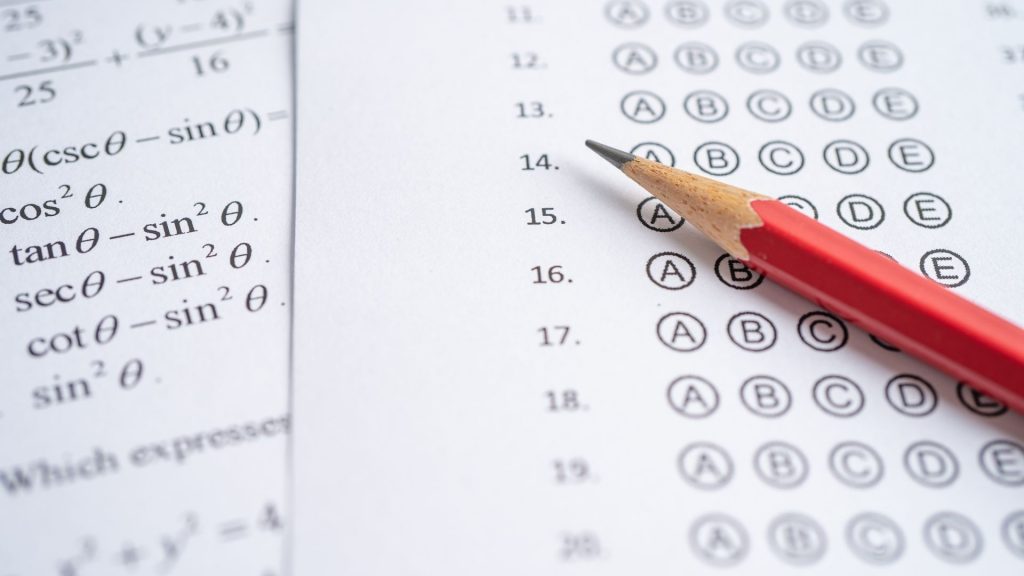Only 6% Of Students Are Prepared For State Tests In This Major City District
A major city school district reported bleak data showing that only 6% of their students are prepared for state math tests.

The pandemic has been hard on everyone, but COVID’s effects on students might be unmatched. Statistics already show the devastating impact the pandemic has already had on students. And severe staff shortages, school closures, and climbing rates of mental health challenges are just the tip of the iceberg. More than anything, students throughout the United States have seen an alarming decrease in academic development. To top that all off, public schools across the nation are now prepping for end-of-the-year standardized tests for the first time since the pandemic first hit. Many educators have been worried that students won’t be prepared, and this notion is heavily felt in Newark, New Jersey, where only 6% of the large city district’s students are prepared for upcoming state math tests.
According to data obtained by Chalkbeat, students within the Newark Public School District are still struggling to make up for lost time during the onset of the pandemic, and they have the test scores to prove it. Based on mid-year assessments, barely any of the district’s students in grades 3-7 were prepared for the upcoming state math tests slated to start on April 25th. No more than 6% of them are expected to reach the proficient level on the exams.

The data came from assessments created by the nonprofit test maker NWEA. Newark uses the company to administer exams throughout the school year that tracks students’ progress. The bleak outlook for the upcoming state math tests is quite dismal compared to the 27% of students who met the state’s proficient level in 2019 before the pandemic shut down schools. This drastic drop in data also is likely caused by the pandemics’ rippling effects on students.
Thomas Kane, an economist at the Harvard Graduate School of Education, reviewed the Newark student data on state math tests on behalf of Chalkbeat. According to the Harvard teacher, the data shows what he and other educators already knew — that it doesn’t seem like kids are catching up. Furthermore, Kane said that larger metro school districts like Newark all over the country are seeing similar things. He also said that a lot that plays into this unfortunate outlook lies in the economic disparity that ravaged families over the past few years.
Kane is also currently working with NWEA to examine the effects of this past year’s efforts to boost student academic recovery from the pandemic. He believes that educators and parents alike are in for a surprise, as he feels the road to recovery in education will be a much steeper road than excerpts originally expected. But state math tests aren’t the only thing worrying Kane and other educators. The pandemic has impacted math grades the worst, but every other major subject grade has suffered as well. In Newark, reading scores on the mid-year tests also suffered, as only about 10% of students were expected to meet the state English standard this year.

It is already well-known that the pandemic has set back the nation’s academic standards in a major way never felt before. But even as schools vow to get kids back on track to conquer things like the state math tests, state agencies and the federal government have taken sweeping measures to boost education in schools. Newark School Districts, like all others across the nation, received a portion of federal COVID relief money from the government. Like many others, the district has laid out plans to expand summer school programs, increase teacher training, and hire more specialists to work with individual students. Similarly, Newark schools are adding more menthol health services and lessons to help students manage emotions.
School districts throughout New Jersey are preparing for state math tests that are set to begin on April 25th. Then again, students will take the NWEA’s MAP Growth tests in June, to give schools time to work out ways to raise student achievement. Given the data showing the unfortunate academic standings of Newark students, it is clear that New Jersey, along with every state, has there work cut out in getting America’s children back on track.







